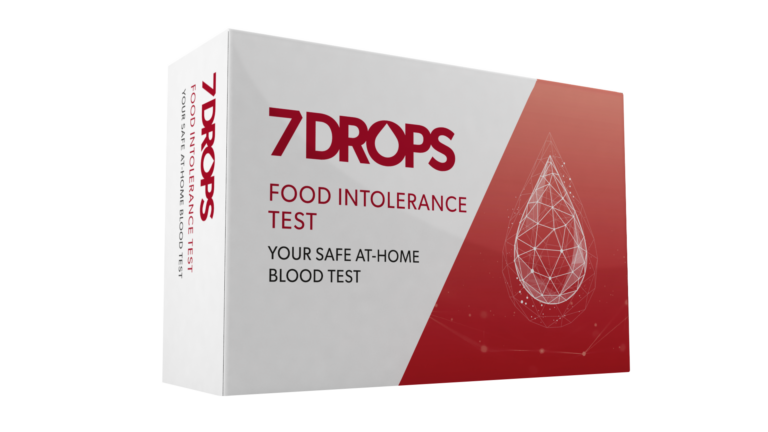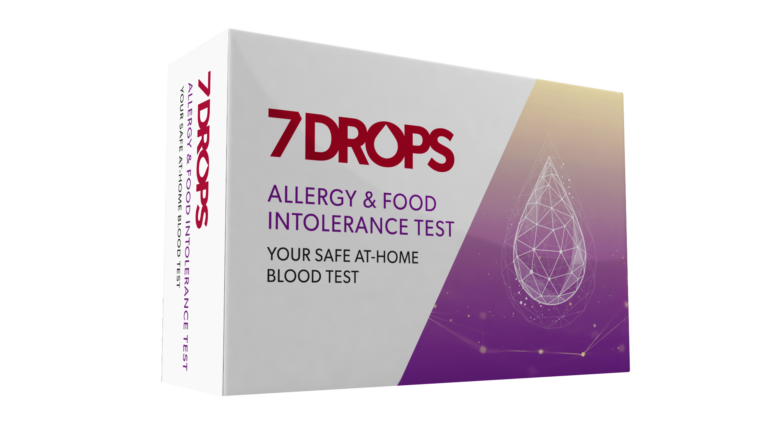TRIGGERS OF DIGESTIVE ISSUES
- Cereals & seeds
- Coffee & tea
- Edible mushrooms
- Egg & milk
- Fish & seafood
- Fruits
- Legumes
- Meat
- Novel foods
- Nuts
- Spices
- Vegetables
SYMPTOMS
- Nausea
- Bloating
- Gas
- Cramps
- Abdominal pain
- Heartburn
- Vomiting
- Diarrhea
- Headaches
- Irritability
- Nervousness
- Joint pain


DIGESTIVE ISSUES: FOOD ALLERGY, INTOLERANCE & SENSITIVITY
There’s a lot of confusion surrounding the correct terminology for the body’s reaction to certain foods. Food allergy, food intolerance, food sensitivity – we use different terms to describe different symptoms. These terms are not mutually interchangeable, as they denote different health conditions, which can range from uncomfortable to life-threatening. Let us explain the difference:


WHAT IS A FOOD ALLERGY?
When a patient suffers from an IgE-mediated food allergy, the reaction of the body is caused by the immune system. Symptoms include swelling, itching, hives, dizziness, and anaphylaxis. If you suffer from a food allergy, you cannot even tolerate small quantities of your trigger food without experiencing a reaction. About 20% of people with food allergies experience severe reactions after ingesting trigger foods. The National Institute of Allergy and Infectious Diseases (NIAID) states that around 5% of children and 4% of adults suffer from a true food allergy.


WHAT IS A FOOD INTOLERANCE?
Food intolerance is a tricky term, as it can refer to reactions caused by the immune system, but also to reactions triggered by certain chemicals or additives in food products, or through a lack of enzymes (the most common reason). The most prominent example for a food intolerance caused by a lack of enzymes is lactose intolerance. Research has found that only about 35% people worldwide can digest lactose well after the age of seven or eight. Typical lactose intolerance symptoms include flatulence and diarrhea. Food intolerances caused by the immune system can be tested by screening a patient’s blood for elevated levels of IgG antibodies towards certain foods. Common trigger foods include grains containing gluten, caffeine, processed meats, dried fruits, pickled foods, canned vegetables, and high-fructose foods (honey, agave nectar, watermelon, pears, etc.)


WHAT IS A FOOD SENSITIVITY?
A food sensitivity is a reaction triggered by the digestive system. Symptoms differ from allergic symptoms as they include gas, bloating, constipation, stomach cramps, diarrhea, and nausea. Small quantities of a specific food can usually be eaten without adverse reactions. Food sensitivities can change over time because the body’s gut microbiome is continually changing.
Our products
The best test for you



Food intolerance test
- Original price was: £ 345.£ 299Current price is: £ 299.
- -
- 286 INTOLERANCES
- At-home food intolerance test
- IgG based
- Blood collection through finger prick
- Including superfoods



Allergy and food intolerance test
- Original price was: £ 499.£ 345Current price is: £ 345.
- 295 ALLERGIES
- 286 FOOD INTOLERANCES
- At-home allergy & food intolerance test
- IgE + IgG based
- Blood collection through finger prick
- Recommended by doctors

